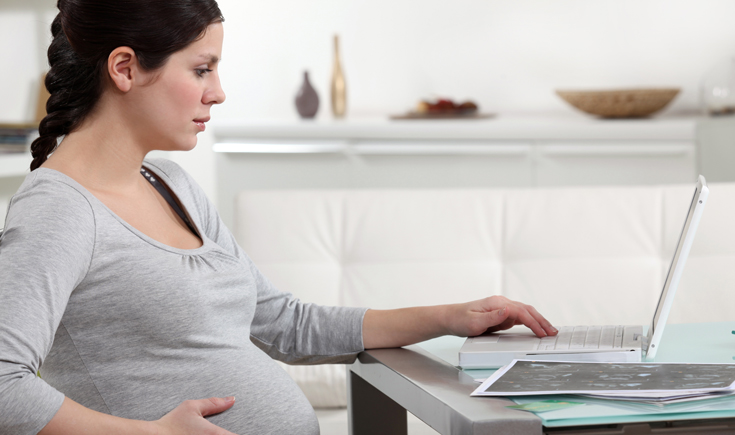

Little is known at this stage about the impact of Coronavirus on pregnancy and the developing foetus, but stress and panic is not good for unborn babies so we’re here to answer your biggest questions to put your mind at ease.
I’m pregnant. Am I more at risk of contracting coronavirus (COVID-19)?
Generally speaking, pregnant women are more at risk of contracting viral infections, such as the flu, because their immune systems are weaker. Your body is working hard to grow a baby. This doesn’t mean that you have to worry though, as it’s still unclear as to whether pregnant women are more susceptible to COVID-19.
How are the pregnant women now who were diagnosed with coronavirus?
There have been 21 detailed cases of pregnant women in China who were diagnosed with COVID-19. From three studies, the most common symptoms were a fever and coughing, and the babies were born relatively healthy. Some babies were birthed early and some experienced shortness of breath or fever, but it’s unknown if this was due to the illness or not.
Will my newborn baby be more vulnerable to COVID-19?
Because the virus is new, it’s difficult to give definitive answers but the evidence so far indicates that babies are not seriously affected. According to a small study of nine babies that were infected, none of them required intensive care or had any serious complications.
How can I protect myself and my newborn baby from it?
Professor of Midwifery at Western Sydney University, Hannah Dahlen, recommends that pregnant women should get a flu injection. It won’t protect you from coronavirus, but it will reduce the incidence of flu. The flu poses more risks to pregnant women and babies.
Follow all the same precautions that the general public have been recommended: wash your hands regularly with soap and water for at least 20 seconds, avoid touching your face, wipe down surfaces with soap and water or alcohol-based cleaners, and avoid people who are sick. Read Everything a parent needs to know about Coronavirus for more information.
A further suggestion is to self-quarantine in the first six weeks after birth by limiting visitors and outings into public places.
Can I still breastfeed my baby if I have coronavirus?
If you’ve tested positive for the virus, you can continue to breastfeed while wearing a mask, or you may be advised to express milk so that someone uninfected can feed your baby until you’re no longer contagious. Ensure that you wash your hands well before and after feeds. Breastfeeding is a vital source of immune protection for babies, and the current evidence shows that the virus isn’t transmitted through breastmilk.
If you use formula, sanitation should be a priority. You may be concerned that there will be a shortage of formula whilst so many people stockpile it. Nicole Jameson, who is master of international public health and a breastfeeding counsellor, advises that re-lactation is possible if you’ve stopped breastfeeding whilst unwell, and that donated breastmilk is another option.
What should I do if I think I have it, or if my baby is sick?
If you think you or your baby have the symptoms of coronavirus, which includes having a cough, fever, runny nose or shortness of breath, phone your GP. They will advise you whether you need to be tested, and will order the test which is done in public health laboratories across Australia.
Remember though that it’s more likely to be influenza than COVID-19. For up-to-date information and advice, please read this from the Australian Government Department of Health.
When you visit your doctor or the hospital emergency department, it is very important that you call before visiting to describe your symptoms and travel history.
You can also call the healthdirect helpline on 1800 022 222 to speak with a registered nurse.
If you do not have symptoms
For general information on the coronavirus disease (COVID-19), call the Australian Government’s Coronavirus Health Information Line on 1800 020 080.























